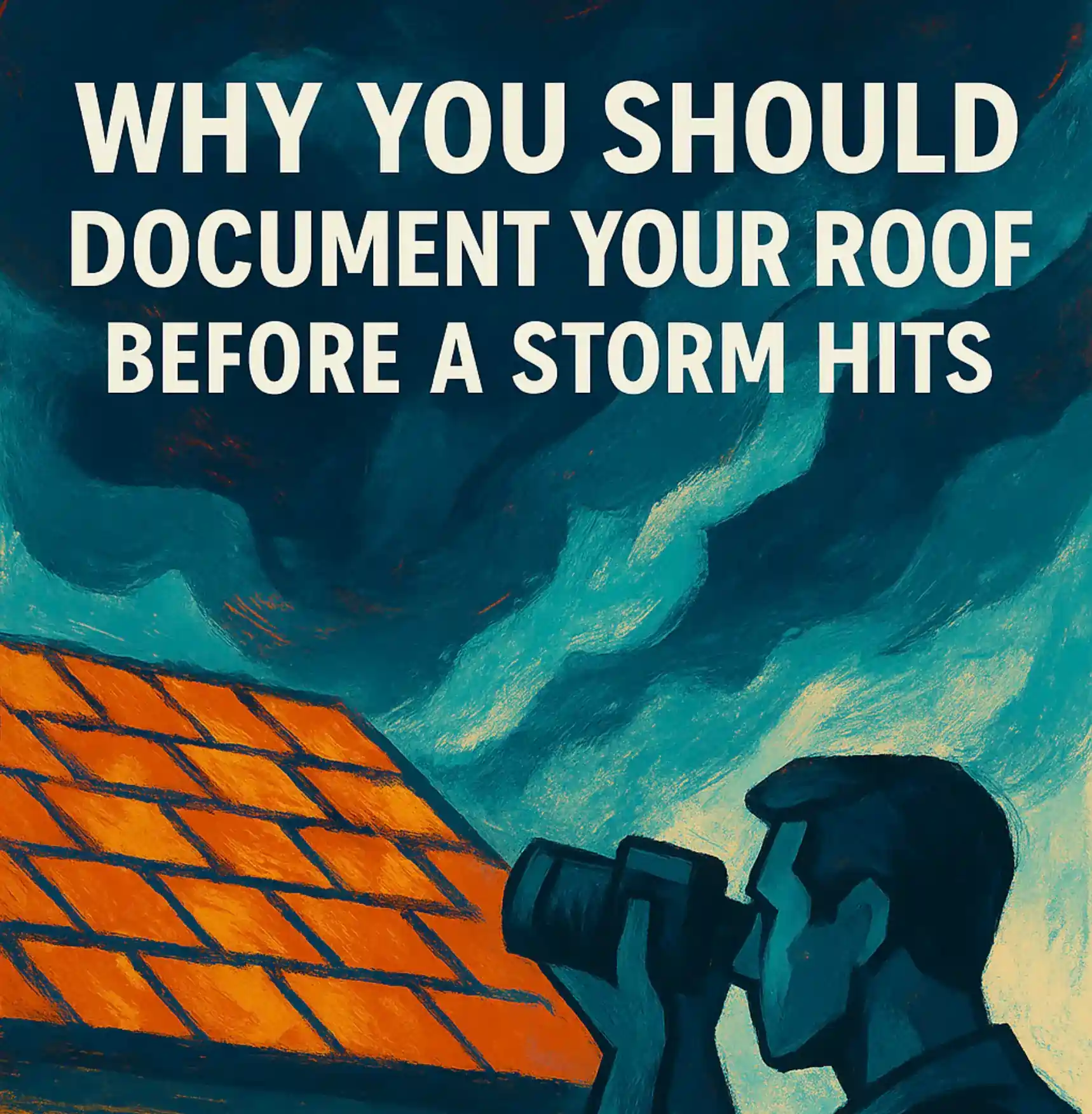5 Mistakes to Avoid When Hiring Local Roofing Companies
Are you looking for a local roofing company that can provide roof repair, roof replacement, or inspection services? With over 100,000 roofing contractors in the U.S., you’ve got plenty of options to choose from.
But selecting the right roofing contractor is crucial—and rushing into the decision can lead to headaches, poor workmanship, or costly damage. Here are five critical mistakes homeowners make when hiring local roofing companies—and how to avoid them.
1. Hiring an Unlicensed or Uninsured Company
Always ask: “Are you licensed and insured?” These two factors are non-negotiable when evaluating local roofers.
A license shows that the company meets local regulations and is registered to operate in your area. Insurance protects both you and the contractor in the event of an accident or property damage.
Reputable companies like SonShine Roofing will be happy to show proof of both. If a company hesitates, move on.
2. Choosing a Company Based on Price Alone
We all want to save money—but don’t let a low bid blind you. While roof repair may average $1,200 and full replacements about $10,000, the cheapest quote can often mean shortcuts, poor materials, or unskilled labor.
Instead, choose a company that offers fair pricing and demonstrates clear value. A higher quote may come with stronger warranties, better customer service, and superior craftsmanship—well worth the investment.
3. Failing to Get Multiple Estimates
Comparing quotes helps you get a feel for the average market rate and gives you leverage in negotiations. Reliable local roofing companies will visit your home, inspect your roof, and provide a detailed estimate—often for free.
Gather 2-3 quotes and review them carefully. Don’t automatically go with the lowest price. Weigh factors like reputation, scope of work, and what’s included.
4. Ignoring Reputation and Reviews
Never skip the background check. It’s easier than ever to review a roofing company’s reputation:
- Check their rating with the Better Business Bureau (BBB)
- Read Google, Yelp, and Facebook reviews
- Ask friends, family, or neighbors about their experiences
If a roofing contractor has repeated complaints or unresolved disputes, that’s a red flag. Look for companies with consistently positive feedback and clear communication.
5. Not Asking About Warranties
Warranties offer peace of mind—and should be a standard part of any roofing contract. Quality roof replacement or repair should include:
- Manufacturer’s warranty on materials
- Workmanship warranty from the contractor
Make sure you understand the terms of both, and get them in writing. If a company doesn’t offer a warranty, consider it a dealbreaker.
Choose the Right Local Roofing Company
Hiring the right roofer doesn’t have to be stressful. Avoiding these five mistakes can save you money, time, and frustration down the road.
Looking for trusted local roofing companies in Sarasota and Southwest Florida? Contact SonShine Roofing today for expert advice, quality service, and results that last.













